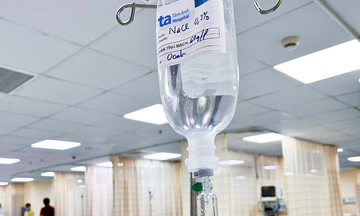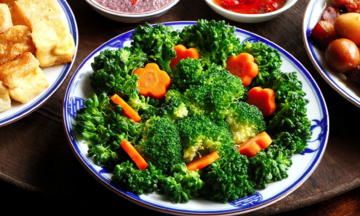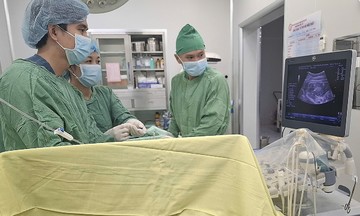Diarrhea, characterized by loose or watery stools, is often caused by bacteria, viruses, or parasites. Digestive disorders can also lead to chronic diarrhea. The severity of diarrhea can range from mild and temporary to life-threatening. Dietary choices can play a significant role in managing this condition.
Recommended Foods:
Bananas are a good choice because they contain easily digestible carbohydrates and are rich in potassium, an electrolyte often lost during diarrhea. The pectin in bananas also absorbs intestinal fluid, helping to solidify stools.
Eggs, both nutritious and gentle on the stomach, are a suitable food for those with diarrhea. However, they should be thoroughly cooked without added oil or butter.
Plain white rice can help alleviate diarrhea by adding bulk to the stool.
White bread, being low in fiber, is easily digestible during bouts of diarrhea.
Broths and bone broths provide both hydration and nutrients, which are essential as diarrhea can cause dehydration.
Mashed potatoes are rich in potassium and easy to digest.
Staying hydrated is crucial to prevent dehydration. Doctors advise increasing fluid intake beyond normal levels. Boiled and cooled water or liquids from foods like porridge, salted rice water, roasted rice water, and rice water are recommended.
Breastfeeding should continue and even be increased for infants under 6 months old experiencing diarrhea. For those over 6 months, in addition to breast milk, nutrient-rich foods like meat, eggs, fish, and milk should be introduced in small, frequent meals. A small amount of oil or fat can be added to boost caloric intake.
Food should be thoroughly cooked, soft, more liquid than usual, and consumed immediately after preparation to ensure hygiene and reduce the risk of secondary infections. Leftovers should be reheated before consumption. Ripe fruits like bananas, oranges, lemons, mangoes, and papayas are good sources of potassium.
Foods to Avoid:
Dairy products contain lactose, a double sugar (glucose and galactose). Diarrhea can deplete the enzyme lactase, which is needed to digest lactose. Undigested lactose can lead to gas, bloating, nausea, and worsened diarrhea. Common lactose-containing foods include milk, ice cream, and cheese.
While most dairy is discouraged, yogurt is an exception. It contains probiotics beneficial for digestion. Choose plain yogurt and avoid varieties with added sugar.
Fatty foods can accelerate intestinal contractions, exacerbating diarrhea. Foods like ice cream, fast food, fatty meats, gravies, and oily foods should be avoided. Lean protein, especially white meat chicken or turkey, is a better choice.
Artificial sweeteners and sugar substitutes can have a laxative effect, increasing gas and bloating. Avoid diet soda, sugar-free candy, and artificial sweeteners in coffee or tea.
Gas-producing foods, such as certain fruits and vegetables, can worsen diarrhea. Avoid these until digestive function returns to normal. These include beans, broccoli, cabbage, cauliflower, onions, peaches, pears, plums, and dried fruits. Better choices include spinach, green beans, squash, blueberries, and strawberries.
While alcohol, caffeine, and carbonated drinks don't directly cause diarrhea, they can irritate the digestive system. Soda should also be avoided as some ingredients can worsen symptoms. Better alternatives include hydrating drinks like Pedialyte, water, herbal tea, or lightly sweetened tea.
High-FODMAP foods can trigger irritable bowel syndrome (IBS) symptoms. Common high-FODMAP foods include garlic, onions, beans, apples, mangoes, peaches, cherries, dairy products, honey, almonds, cashews, wheat, and rye.
Spicy or acidic foods, such as tomatoes (including sauces and juices), citrus fruits, pineapple, and spices like onions, garlic, chili, mustard, and curry, can irritate the stomach and intestines. They increase intestinal contractions, leading to more frequent bowel movements.
Bao Bao












